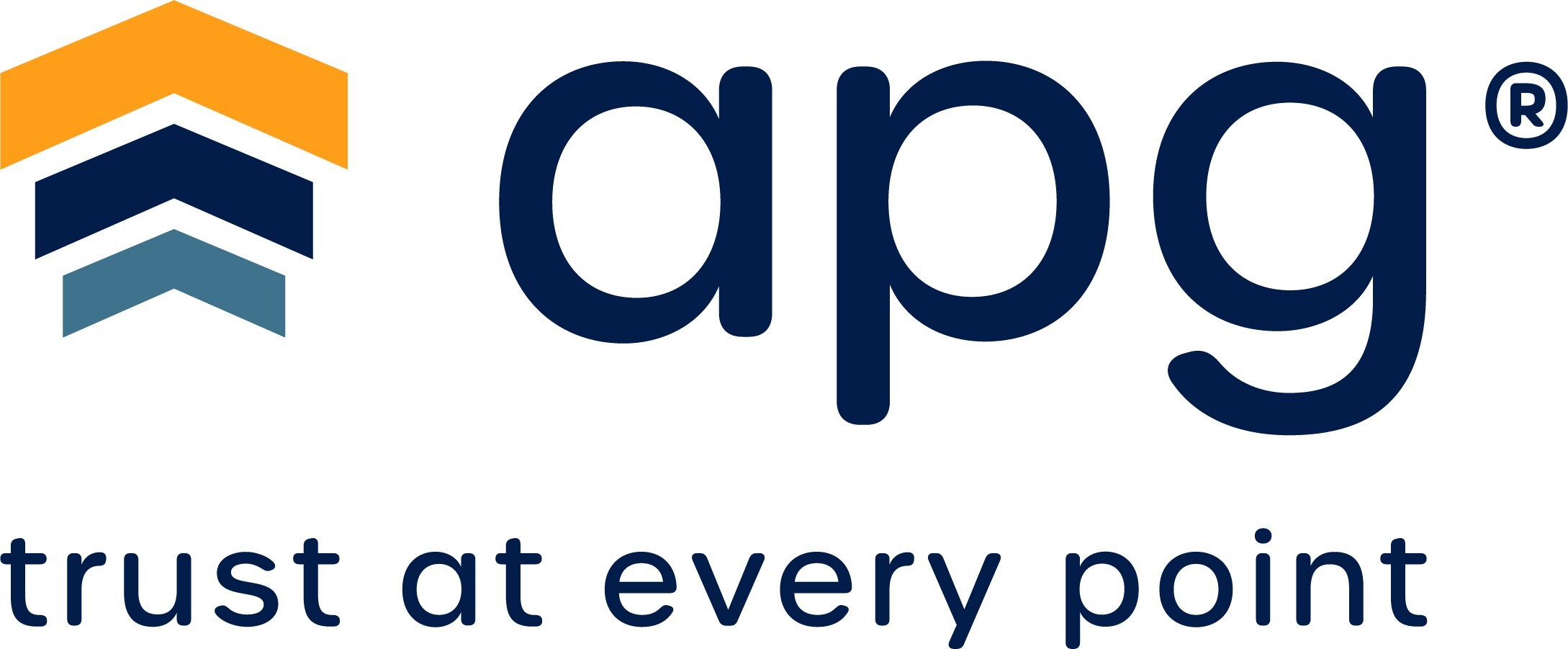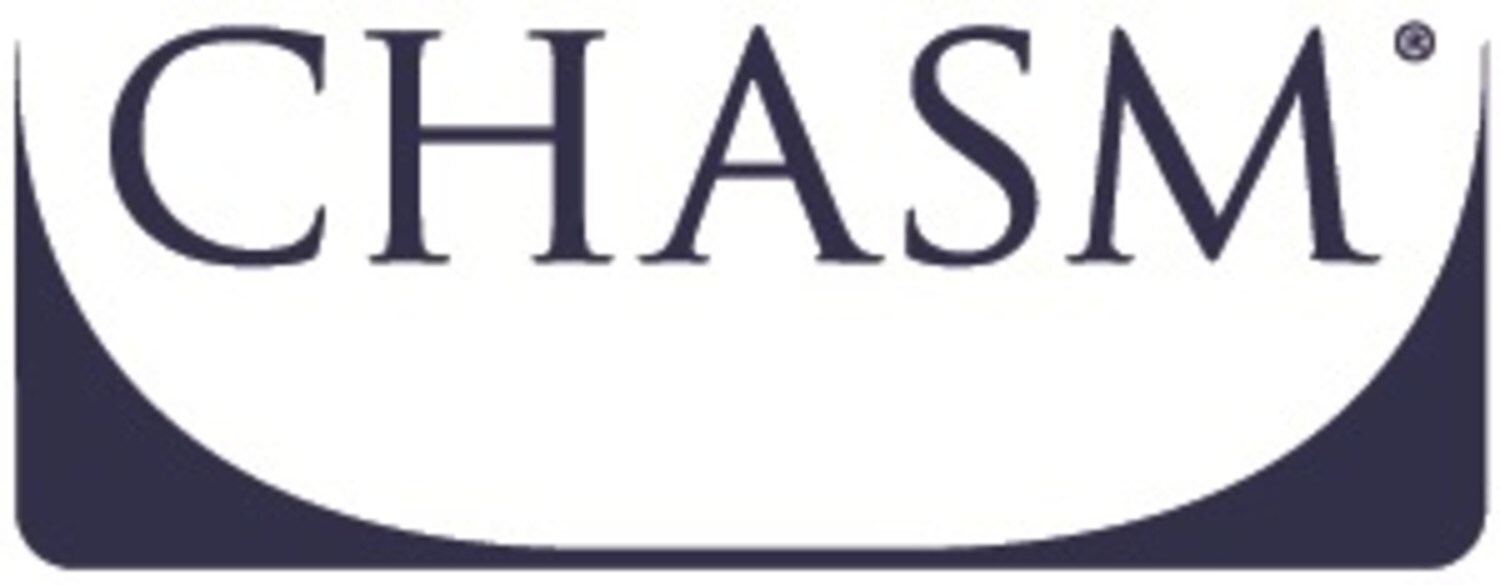NEW YORK, Dec. 12, 2024 -- Report with market evolution powered by AI - The global biologics contract development and manufacturing organization (CDMO) market size is estimated to grow by USD 10.63 billion from 2024-2028, according to Technavio. The market is estimated to grow at a CAGR of 10.46% during the forecast period. Availability of cost-efficient resources in emerging markets is driving market growth, with a trend towards advent of big data. However, capacity utilization and constraints poses a challenge. Key market players include 3P BIOPHARMACEUTICALS S.L.U, AbbVie Inc., AGC Biologics, Binex Co. Ltd., Boehringer Ingelheim International GmbH, Bora Pharmaceuticals Co. Ltd, Catalent Inc., Evonik Industries AG, FUJIFILM Corp., Grifols SA, J RETTENMAIER and SOHNE GmbH and Co KG, JSR Corp., Kemwell Biopharma Pvt. Ltd., Lonza Group Ltd., Novartis AG, Rentschler Biopharma SE, Samsung Electronics Co. Ltd., Shenzhen Hepalink Pharmaceutical Co. Ltd., Toyobo Co. Ltd., and WuXi Biologics Cayman Inc..
AI-Powered Market Evolution Insights. Our comprehensive market report ready with the latest trends, growth opportunities, and strategic analysis- View Free Sample Report PDF
Forecast period | 2024-2028 |
Base Year | 2023 |
Historic Data | 2018 - 2022 |
Segment Covered | Type (Mammalian and Microbial), Product Type (Biologics and Biosimilars), and Geography (North America, Europe, Asia, and Rest of World (ROW)) |
Region Covered | North America, Europe, Asia, and Rest of World (ROW) |
Key companies profiled | 3P BIOPHARMACEUTICALS S.L.U, AbbVie Inc., AGC Biologics, Binex Co. Ltd., Boehringer Ingelheim International GmbH, Bora Pharmaceuticals Co. Ltd, Catalent Inc., Evonik Industries AG, FUJIFILM Corp., Grifols SA, J RETTENMAIER and SOHNE GmbH and Co KG, JSR Corp., Kemwell Biopharma Pvt. Ltd., Lonza Group Ltd., Novartis AG, Rentschler Biopharma SE, Samsung Electronics Co. Ltd., Shenzhen Hepalink Pharmaceutical Co. Ltd., Toyobo Co. Ltd., and WuXi Biologics Cayman Inc. |
Key Market Trends Fueling Growth
The Biologics Contract Development and Manufacturing Organization (CDMO) market is experiencing significant growth, particularly in the areas of small molecules and large molecules, including biologics, biosimilars, cancer therapies, monoclonal antibodies, and vaccines. This trend is driven by the increasing demand for specialized expertise and advanced technology in the production of complex biological medicinal products. Niche CDMOs and biopharmaceutical CDMOs are leading the way in the production of biologics, such as recombinant proteins and monoclonal antibodies, using cutting-edge technology like advanced manufacturing technologies, single-use/disposable bioreactors, and automation. The focus on infectious diseases, chronic diseases, and novel therapies, such as immunotherapy, is also driving growth in the market. The disease landscape is constantly evolving, with an increasing focus on evidence-based practice and the development of treatments for conditions like diabetes, geriatric population, and metabolic illnesses. Supply chain management, quality testing, and third-party logistic providers are essential components of the CDMO market, ensuring the production of high-quality biological medications and vaccinations. The use of advanced technology, such as software development and process engineering, is crucial for the production of complex biological molecules, including nucleic acids, cell receptors, and post-translational changes. Pharma clients require CDMOs to provide clinical services, from fermentation and tissue processing to cell bank creation and cell line engineering. The production of biological medications and vaccinations requires a deep understanding of biology, as well as expertise in areas like myelosuppression, cardiotoxicity, renal insufficiency, and neurotoxicity. The CDMO market is expected to continue growing, with a focus on the production of small-molecule drugs, biopharmaceuticals, and biological medications, as well as the development of novel therapies for diseases like allergies, gene therapy, and metabolic syndrome. The use of advanced technology, specialized expertise, and niche CDMOs will be key to meeting the demands of the market and delivering high-quality products to patients.
The pharmaceutical industry's technological advancements extend beyond drug research and development to data analytics. This tool is increasingly utilized for clinical data synthesis, expediting the drug development process. Big data is a popular strategy in healthcare, including pharmaceuticals, for informed research and development decisions. Data analytics effectively identifies potential new drug candidates, creates simulation models to assess drug efficacy, pinpoints patient populations through various sources, and monitors potential side effects for early avoidance. Biologics Contract Development and Manufacturing Organizations (CDMOs) leverage these analytics to streamline their services, ensuring efficient and effective drug development.
Insights on how AI is driving innovation, efficiency, and market growth- Request Sample!
Market Challenges
- The Biologics Contract Development and Manufacturing Organization (CDMO) market is experiencing significant growth due to the increasing demand for biologics, biosimilars, and novel therapies in various disease areas. However, this market faces challenges in producing both small molecules and large molecules, including biologics, monoclonal antibodies, and vaccines. The supply chain for these complex products requires advanced technology, specialized expertise, and collaboration with third-party logistic providers. Biologics CDMOs focus on biological medicinal products, such as recombinant proteins, monoclonal antibodies, and vaccines. They face challenges in producing these products using fermentation, microbial fermentation, and advanced manufacturing technologies, such as single-use/disposable bioreactors. Niche CDMOs specialize in areas like cancer therapies, infectious diseases, and rare diseases, requiring evidence-based practice and cutting-edge technology. The disease landscape includes chronic infectious diseases, ageing, and multisystem functional decline, affecting geriatric populations. These conditions require careful consideration of myelosuppression, cardiotoxicity, renal insufficiency, neurotoxicity, polypharmacy, and mental state. Biopharmaceutical CDMOs must ensure quality testing, automation, software development, process engineering, and biology expertise to meet the needs of pharma clients. The Biologics segment includes monoclonal antibodies, immunotherapy, and gene therapy, requiring tissue processing, cell bank creation, and cell line engineering. Novel therapies, such as nucleic acids, cell receptors, and metabolic illnesses, add complexity to the production process. The challenges of producing these biological molecules and managing their supply chain necessitate collaboration between CDMOs, pharma clients, and other stakeholders.
- The biologics Contract Development and Manufacturing Organization (CDMO) market is currently challenged by capacity utilization issues. Capacity utilization refers to the ratio of actual production to the potential production when a company's capacity is fully utilized. This measure plays a significant role in manufacturing various therapeutics, particularly biological drugs, due to the intricate production process. Approximately 35% of CDMOs encounter minor capacity utilization constraints during manufacturing, while 20% experience moderate to major constraints. These manufacturing constraints hinder CDMOs from reaching their full production potential, leading to delays in the release of numerous therapeutics.
Insights into how AI is reshaping industries and driving growth- Download a Sample Report
Segment Overview
This biologics contract development and manufacturing organization (cdmo) market report extensively covers market segmentation by
- Type
- 1.1 Mammalian
- 1.2 Microbial
- Product Type
- 2.1 Biologics
- 2.2 Biosimilars
- Geography
- 3.1 North America
- 3.2 Europe
- 3.3 Asia
- 3.4 Rest of World (ROW)
1.1 Mammalian- The mammalian segment holds a significant share in the global biologics Contract Development and Manufacturing Organization (CDMO) market due to the increasing use of mammalian cells in producing therapeutic proteins for various diseases. Mammalian cells, derived from mammalian tissue, are primarily used for growing animal cells in vitro, and there are four main types: fibroblasts, epithelial cells, lymphocytes, and macrophages. Lymphocytes are found in the blood, while the others are found in tissue. Mammalian cell culture is widely used for producing human proteins with high therapeutic potential, such as tissue plasminogen activators, clotting factors, and erythropoietin, which cannot be produced using bacteria or yeasts. Recombinant proteins from mammalian cells are used in therapeutics for conditions like diabetes and cancer. Additionally, mammalian cell culture technology is utilized for bulk vaccine production, contributing to market growth. For instance, Catalent Inc. Signed an agreement in June 2020 to develop a COVID-19 vaccine using its GPEx cell line development technology. Catalent offers comprehensive services, including mammalian cell line development, process development, process validation, formulation development, and drug substance manufacturing, from preclinical to commercial stages. These factors are expected to drive the growth of the mammalian segment in the global biologics CDMO market.
Download complimentary Sample Report to gain insights into AI's impact on market dynamics, emerging trends, and future opportunities- including forecast (2024-2028) and historic data (2018 - 2022)
Research Analysis
The Biologics Contract Development and Manufacturing Organization (CDMO) market caters to the production of Biological Medicinal Products, including large molecules such as monoclonal antibodies, biosimilars, cancer therapies, and small molecules. These CDMOs play a crucial role in supplying the pharma industry with high-quality products, serving clients in various therapeutic areas like chronic infectious diseases and diabetes. Advanced manufacturing technologies, like single-use/disposable bioreactors, automation, and software development, are transforming the industry. Smaller, niche BioCDMOs also thrive, offering specialized services in areas like tissue processing and clinical services. The focus on quality testing ensures the production of safe and effective biological medicines, meeting regulatory requirements. Biopharmaceutical companies benefit from the expertise and capabilities of these CDMOs, streamlining their supply chain and accelerating time-to-market for new treatments.
Market Research Overview
The Biologics Contract Development and Manufacturing Organization (CDMO) market encompasses the production of biologics, including small molecules, large molecules, biosimilars, monoclonal antibodies, cancer therapies, and various specialized therapies such as vaccines, recombinant proteins, and novel therapies. This market caters to the supply chain needs of pharmaceutical clients, focusing on quality testing, third-party logistic providers, and advanced technology. Biologics CDMOs offer specialized expertise in areas like fermentation, microbial fermentation, and advanced manufacturing technologies, including single-use/disposable bioreactors. The market landscape includes a range of niche and biopharmaceutical CDMOs, serving various disease areas like infectious diseases, chronic diseases, and cancer. Cutting-edge technology and evidence-based practice are integral to the biologics CDMO sector, which includes the production of biological medicinal products, small-molecule drugs, and biopharmaceuticals. The biology of cells, tissue processing, cell bank creation, cell line engineering, and post-translational changes are crucial aspects of biologics production. The geriatric population, with ageing and multisystem functional decline, presents unique challenges, including myelosuppression, cardiotoxicity, renal insufficiency, neurotoxicity, polypharmacy, and mental state. Biologics CDMOs address these challenges through automation, software development, process engineering, and biology expertise. The biologics CDMO sector also covers the production of vaccinations, somatic cells, tissues, and various biological molecules, including nucleic acids, cell receptors, and metabolic illnesses like diabetes. Allergy treatments, gene therapy, and therapies for various diseases like cancer, infectious diseases, and metabolic syndrome are also part of the biologics CDMO market.
Table of Contents:
1 Executive Summary
2 Market Landscape
3 Market Sizing
4 Historic Market Size
5 Five Forces Analysis
6 Market Segmentation
- Type
- Mammalian
- Microbial
- Product Type
- Biologics
- Biosimilars
- Geography
- North America
- Europe
- Asia
- Rest Of World (ROW)
7 Customer Landscape
8 Geographic Landscape
9 Drivers, Challenges, and Trends
10 Company Landscape
11 Company Analysis
12 Appendix
About Technavio
Technavio is a leading global technology research and advisory company. Their research and analysis focuses on emerging market trends and provides actionable insights to help businesses identify market opportunities and develop effective strategies to optimize their market positions.
With over 500 specialized analysts, Technavio's report library consists of more than 17,000 reports and counting, covering 800 technologies, spanning across 50 countries. Their client base consists of enterprises of all sizes, including more than 100 Fortune 500 companies. This growing client base relies on Technavio's comprehensive coverage, extensive research, and actionable market insights to identify opportunities in existing and potential markets and assess their competitive positions within changing market scenarios.
Contacts
Technavio Research
Jesse Maida
Media & Marketing Executive
US: +1 844 364 1100
UK: +44 203 893 3200
Email: media@technavio.com
Website: www.technavio.com/
This News is brought to you by Qube Mark, your trusted source for the latest updates and insights in marketing technology. Stay tuned for more groundbreaking innovations in the world of technology.









